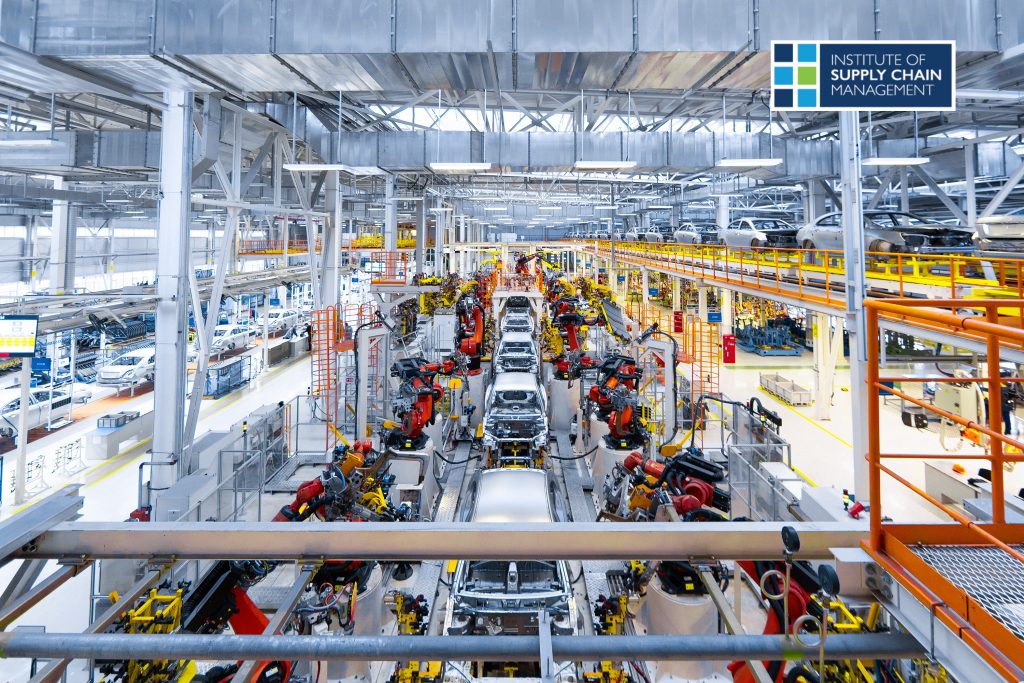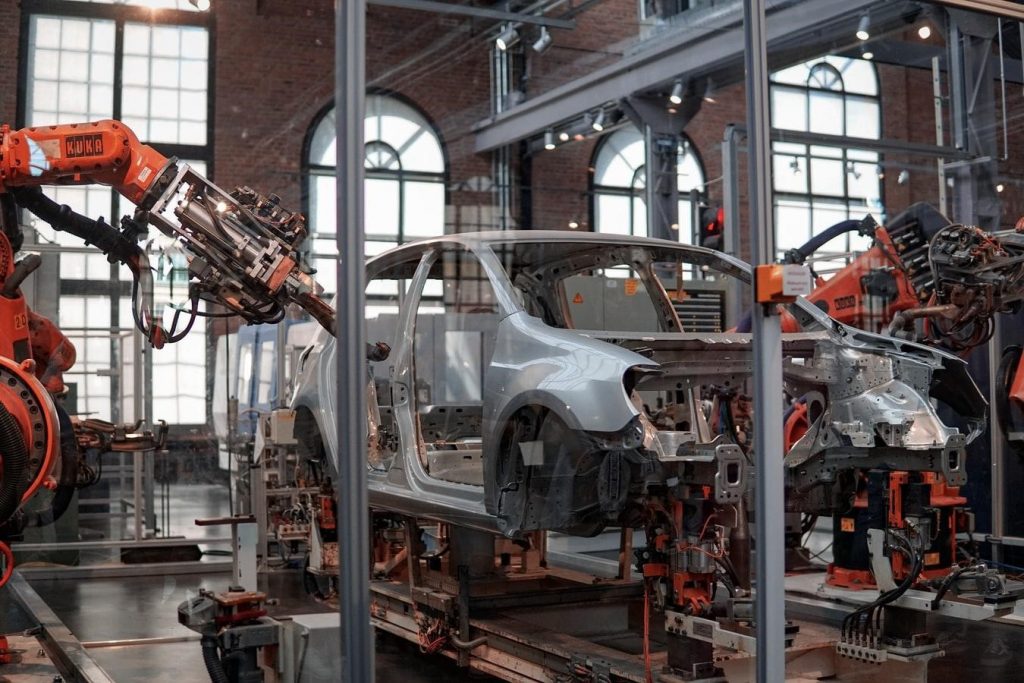
As the automotive industry continues to suffer the impact of the global shortage of microchips, last week we heard the news that output from the BMW AG production site in Oxford has paused production for 3 days, from 30th April along with reduced production from the Regensburg plant. The car manufacturer joins Ford, Fiat Chrysler, Honda and Volkswagen in making such a drastic decision, the implications of which will cost the industry billions.
Supply chain security of microchips has had a widespread impact reaching much further than the automotive industry, with computer and electronics producers have found their requirements falling short. Most notably Sony, who have cited the shortage for low production of the PlayStation 5. Samsung were amongst the first to highlight the impending shortage, as the manufacturer of microchips for Apple and other mobile phone producers as well as their own requirements they have been hugely impacted by the situation. The manufacturing giant has even suggested the launch of the latest Galaxy Note smartphone could be delayed.
Initially thought to be a short term delay, the issue has now been called a crisis. Neil Campling, Co-Head Global Thematic Group at Mirabaud Securities has provided his insights into the situation “There is a perfect storm of supply and demand factors going on here. But basically, there is a new level of demand that can’t be kept up with, everyone is in crisis and it is getting worse.”
The automotive industry impact.
Modern cars are so technologically advanced that almost every car manufacturer is going to be affected by the shortage.
Jaguar Land Rover (JLR) has already had to revise their production schedule for two out of three factories in the UK. Production from their Solihull site will continue. A statement from the company explained: ‘We have adjusted production schedules for certain vehicles which means that our Castle Bromwich and Halewood manufacturing plants will be operating a limited period of non-production from Monday 26 April. ‘We are working closely with affected suppliers to resolve the issues and minimise the impact on customer orders wherever possible.’
Ford have released a similar statement; ‘Until now the impact of this global crisis has been minimised by the efforts of our main partner, Ford Motor Company, and the collaboration we have carried out with our suppliers,’ it said in a statement.
‘Nevertheless, following the recent developments it was decided to bring forward our annual planned summer shutdown and suspend production in our Gölcük plant from 19 April to 13 June due to the restrictions in the supply of some parts, where imported microchip use is intensive.’
To date, not all manufacturers have shared updates on to what extend their production has been impacted by the crisis and Renault have chosen to avoid making any kind of forecast as to the impact they will suffer, explaining that the situation is changing so rapidly that any kind of prediction could change very quickly.

As electronics manufacturers look to new semiconductor sources, it’s clear that there is no quick fix, new plants can take years to build and cost billions, however there is no signs of demand slowing down. Remote learning and working has been one of the reasons stated for the spike in demand, along with the increased use of semiconductors throughout the automotive industry. Lockdowns and travel restrictions as a result of COVID-19 resulted in consumers purchasing more games consoles, smart TV’s, phones and other devices to help them get online and stay connected to friends and family. As consumers we now expect our appliances, electronics and cars to be ‘smart’ and we may find the shortage has an impact on the cost of the products we want to purchase.
According to Autonews ‘Chipmakers favor consumer-electronics customers because their orders are larger than those of automakers — the annual smartphone market alone is more than 1 billion devices, compared with fewer than 100 million cars. Automaking is also a lower-margin business, leaving manufacturers unwilling to bid up chip prices as they avoid risking their profitability.’
The reasons for the worldwide shortage are complicated, a combination of trade negotiation failure between China and the US and increased demand for electronics creased by the COVID-19 pandemic. As the situation remains very volatile there is no way to forecast the full extent of the impact yet, although we do know that the amount of new cars manufactured this year will be drastically lower than anticipated. With over a million less new cars making it of the production line in 2021 that expected!
With no quick fix in place we may find the supply of semiconductor microchips is a hot topic for some time.
